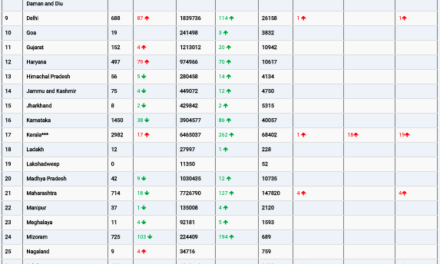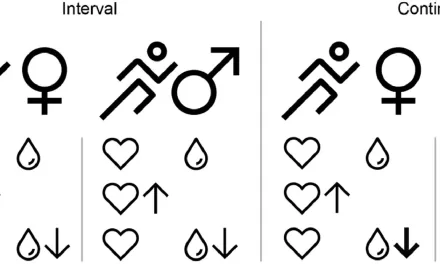In a landmark achievement, three individuals suffering from severe autoimmune disorders have achieved remission after undergoing treatment with bioengineered and CRISPR-modified immune cells. This innovative therapy, conducted in China, marks the first instance where engineered immune cells derived from donors have been used to treat autoimmune diseases, paving the way for mass production of similar treatments.
Among the recipients is Mr. Gong, a 57-year-old man from Shanghai diagnosed with systemic sclerosis, a debilitating condition affecting connective tissues that can lead to skin stiffness and organ damage. Remarkably, just three days after receiving the therapy, Mr. Gong noticed significant improvements: his skin began to loosen, allowing him to regain movement in his fingers and open his mouth. Two weeks post-treatment, he returned to his office job, expressing, “I feel very good,” more than a year after the procedure.
Chimeric antigen receptor (CAR) T cells have already proven successful in treating blood cancers, with several products approved in the United States. However, traditional CAR T therapies often rely on the patient’s own immune cells, making them costly and time-consuming to produce. Researchers have now turned their focus to creating CAR T therapies from donated immune cells, a strategy that could enable pharmaceutical companies to scale production, potentially reducing costs and production times significantly. Immunologist Lin Xin from Tsinghua University in Beijing highlighted that therapies for over a hundred individuals could be developed from a single donor’s cells.
The trial, led by Xu Huji, a rheumatologist at Naval Medical University in Shanghai, has yielded promising results for autoimmune diseases, as published in the journal Cell. Over six months following treatment, all recipients have remained in remission, with two dozen others receiving similar therapies showing largely positive outcomes. “The clinical outcomes are phenomenal,” Xu noted, emphasizing the potential of this approach.
However, experts urge caution regarding the long-term implications of the therapy. Christina Bergmann, a rheumatologist at the University Hospital Erlangen in Germany, stressed the need for further studies involving larger populations to validate the therapy’s broader application. If successful, this advancement could transform the treatment landscape for more than 80 autoimmune diseases linked to malfunctioning immune cells.
In the innovative approach used in this trial, researchers extracted T cells from a 21-year-old female donor and modified them with CAR proteins that target CD19 receptors on B cells. The CRISPR–Cas9 gene-editing tool was employed to deactivate five genes, ensuring the engineered cells would not attack the host’s body and that the host’s immune system would not reject the donor cells.
The first patient to receive the treatment, a 42-year-old woman with a specific type of autoimmune myopathy, experienced complete remission two months post-treatment, maintaining that status at her six-month follow-up. Mr. Gong and another male recipient also reported substantial symptom improvement, including reversal of scar tissue formation and reduced autoantibody levels.
Notably, none of the patients suffered from cytokine-release syndrome, a severe inflammatory reaction sometimes seen in cancer patients receiving CAR T therapy. Researchers are still investigating potential risks, including the possibility of new tumor formation, although it remains uncertain if this risk extends to patients with autoimmune conditions.
As the scientific community eagerly watches these developments, the pressing question remains: will this groundbreaking approach prove effective for a broader patient population, and how long will the beneficial effects last? The journey towards understanding the full impact of donor-derived CAR T cells in treating autoimmune diseases is only just beginning.











